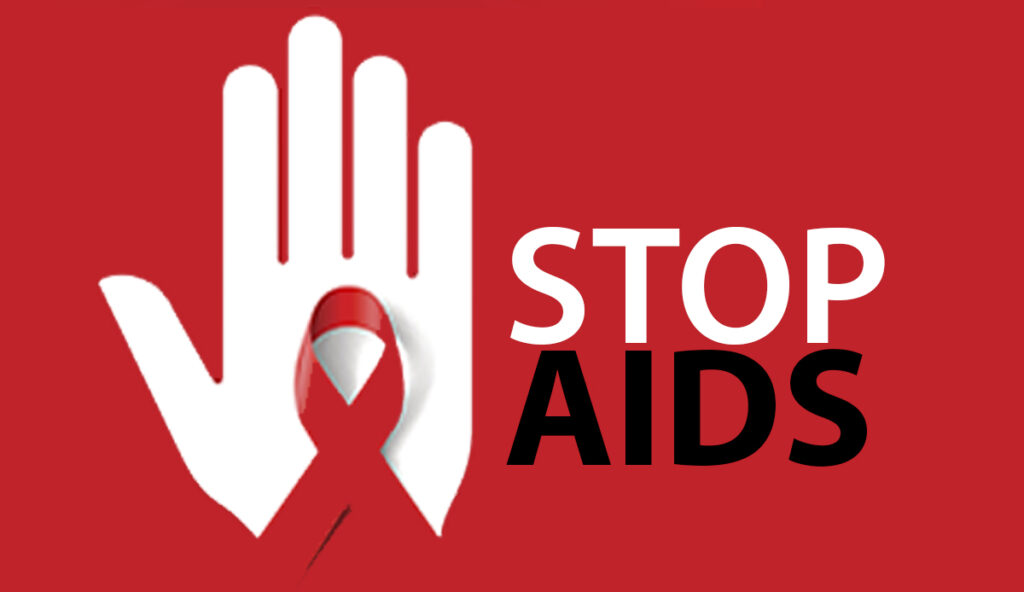
Ntsoaki Motaung
Amid the prevailing concern of escalating HIV infections, a startling allegation has emerged – the new infections in the country, amounting to approximately 5000 cases annually, are predominantly afflicting the age group between 15 and 34 years.
This disconcerting revelation has prompted an urgent call to action where the Joint United Nations Programme on HIV/AIDS (UNAIDS) and the National AIDS Commission (NAC) to commemorate International Youth Day orchestrated a significant engagement with youth-led organizations and activists.
The purpose was to delve into the intricate dynamics of the country’s HIV response and address the pressing need for innovative solutions to tackle this escalating crisis.
The main focus was to share insights from “The Path That Ends AIDS†report, which outlines the roadmap for ending AIDS as a public health threat globally by 2030.
Lethola Mafisa, the Equality and Rights for All Adviser, highlighted the stark reality of HIV’s impact in Lesotho, particularly among the youth and women.
Mafisa pointed out: “We have more women living with HIV than we have in men, in some age groups women are four times more likely to be infected with HIV than their male counterparts.â€
He also emphasised the prominence of young people in new HIV infections.
“The new infections we have, are about 5000 in a year, 80 percent of them come from the age group of 15-34,†he said.
“If that is the case, it would not be proper for us as program people to continue working without consulting the affected people because we do not even know their situation, dynamics and do not understand anything,†he added.
The 2023 International Youth Day was celebrated under the theme #YouthLead as agents of change for sustainable development.
Mafisa highlighted the interconnectedness of HIV and development, pointing out that the costs associated with treatment divert resources that could otherwise be used for developmental purposes.
Poloko Mokhele from the Office of Communications at UNAIDS shed light on “The Path that Ends AIDS†report, emphasising the vulnerability of young people from key populations due to stigma, discrimination, and social taboos.
Mokhele stressed: “Countries are advised to prioritise approaches that realise and protect human rights as well as remove the societal and structural inequalities to HIV-related services, resources, and tools.â€
HIV activist RakhantÅ¡a Lehloibi raised concerns about youth participation in the HIV response, stating: “If youth do not test for HIV it means they do not take control of their lives and if one does not know their status they will keep spreading the virus.â€
NAC’s Programs Manager, Tiisetso Piet, highlighted the necessity of involving youth in shaping programs that directly impact them.
Piet emphasised the evolving cultural landscape and stated: “Only youth can be in a position to tell how they want issues around them to be dealt with.â€
The event underscored the importance of youth engagement in crafting effective HIV prevention and treatment strategies.



